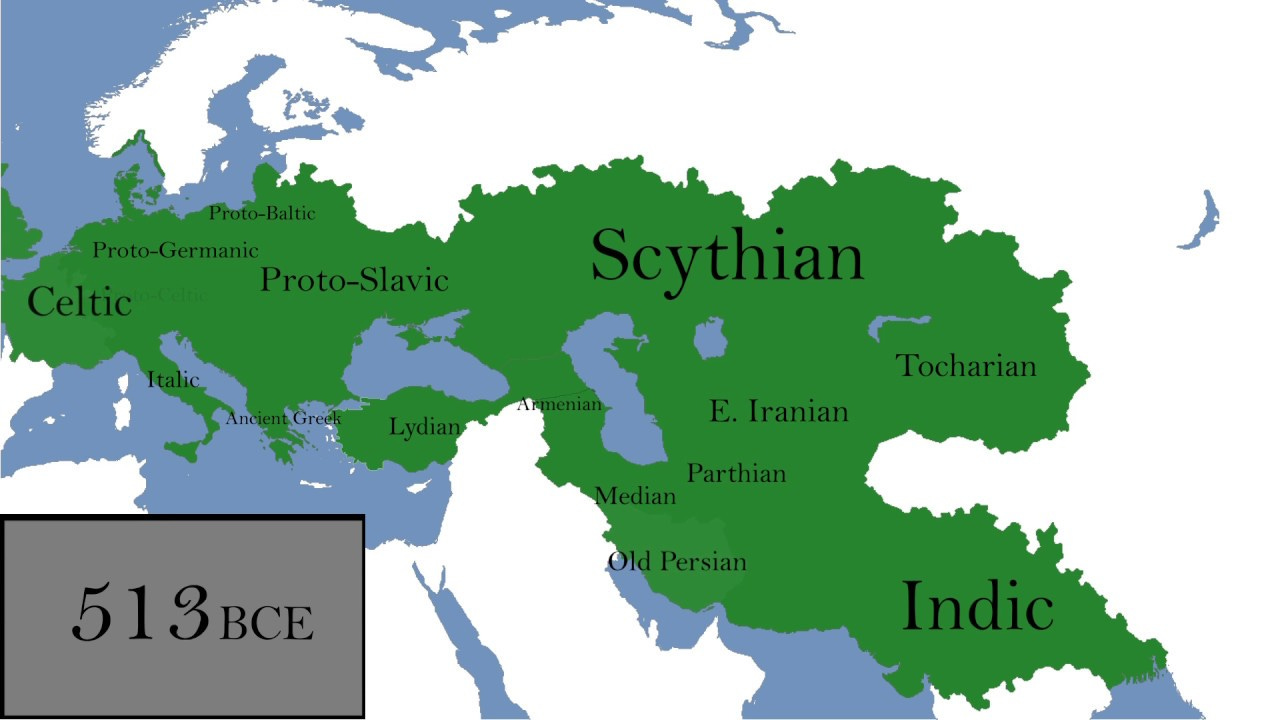
Did the British Empire popularize the phrase “Indo-European” around the 1850s in order to jo…
Keep reading with a 7-day free trial
Subscribe to Johannes MK's Newsletter to keep reading this post and get 7 days of free access to the full post archives.

